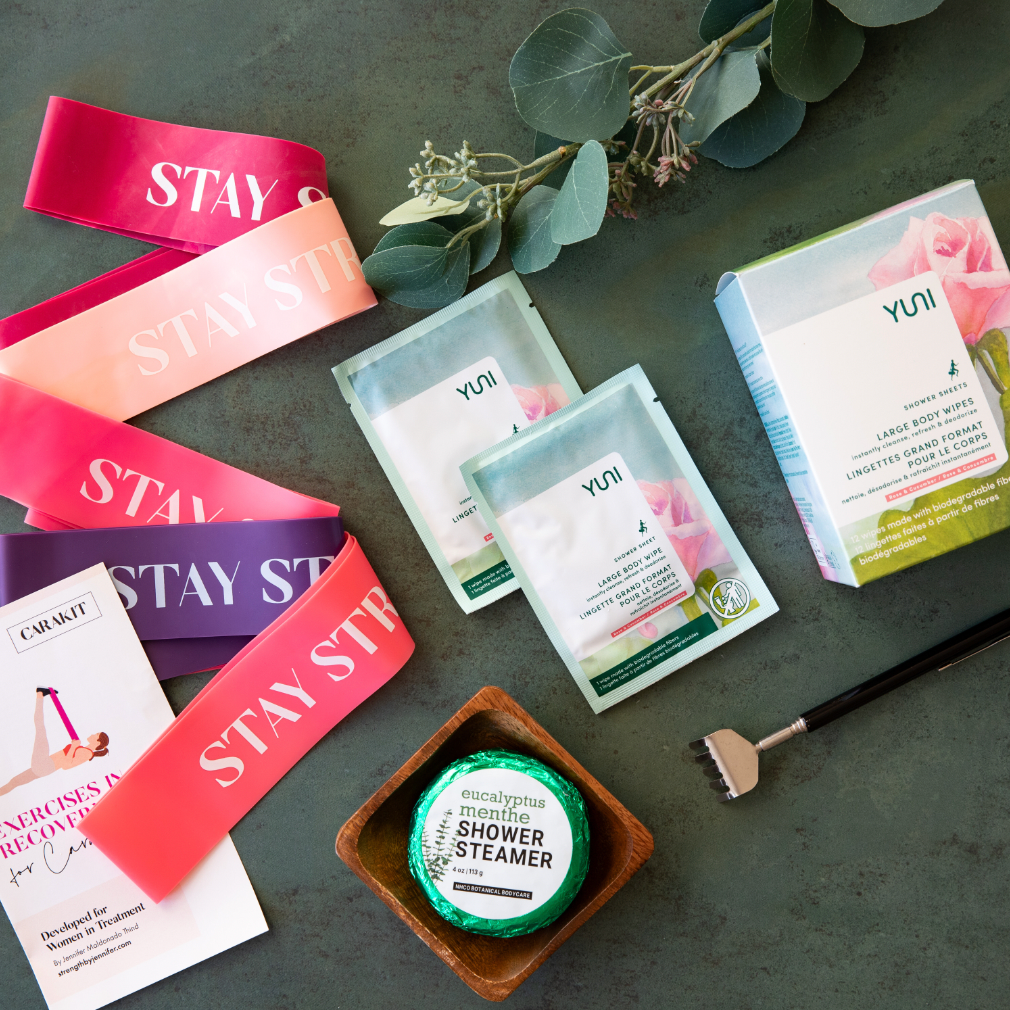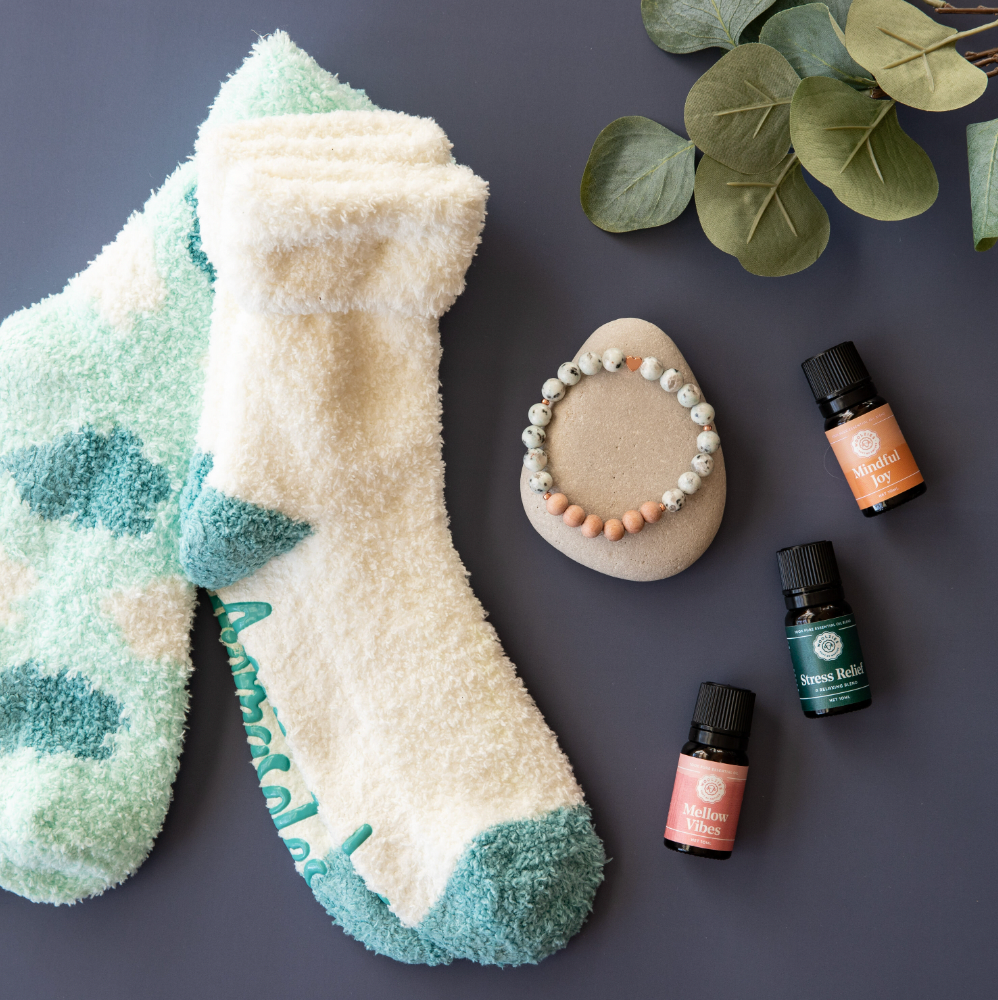Post Surgery Care Packages
Thoughtful healing essentials for after surgery care package
Surgery can be physically demanding and emotionally draining. Our post-surgery care kits include comforting, practical items to aid recovery and reduce discomfort, from reusable ice packs and healing balms to cosy socks and herbal teas. Whether it’s a mastectomy, abdominal surgery, or another procedure, we offer the care patients often don't know they need.
Surgery Recovery Gifts We Love
View AllPost surgery care package to support treatment and recovery
Curated gifts to soothe and support recovery after surgery, thoughtful comfort, practical essentials, and heartfelt care in every box.

What About Surgeries?
Why Is It Necessary?
Major surgery — whether for cancer or another serious condition — is performed to remove, repair, or diagnose a critical issue in the body.
In cancer care, surgery may involve removing a tumor, a portion of an organ, or nearby lymph nodes. For other health concerns, surgery might be used to repair a damaged organ, correct a condition, or alleviate chronic pain.
Doctors recommend surgery when they believe it offers the best chance for recovery, improved quality of life, or symptom relief. Some procedures are curative, while others are preventive or palliative. Every surgery is tailored to the patient's diagnosis, overall health, and long-term treatment plan.
Care Package After Surgery
Complete surgery kits with essential items for comfort, recovery support, and emotional ease.

What to Expect
Most major surgeries are done in hospitals or specialized surgical centers under general anesthesia. The process typically involves pre-op preparation, the operation itself, and recovery in a monitored setting. Recovery timelines vary depending on the complexity of the surgery — some patients are discharged the same day, while others may spend days or weeks in the hospital.
After surgery, common experiences include pain or soreness, fatigue, swelling, and limited mobility. In many cases, symptoms like numbness, digestive changes, or sensitivity around the surgical site may arise. While the immediate focus is healing the body, patients also experience emotional shifts, and recovery can take time — both physically and mentally.

Healing, Comfort & Care
Before undergoing surgery, patients often prepare by arranging home support, stocking up on easy meals, adjusting work schedules, and packing essential items for the hospital stay. After surgery, everyday routines usually need to shift — especially around hygiene, movement, and personal care.
Skin and incision areas are often sensitive, so it's important to avoid harsh soaps, scented lotions, and products with dyes or chemicals that can irritate healing tissue. Instead, gentle, fragrance-free products are recommended. Depending on the procedure, patients may also benefit from adaptive clothing, mobility aids, or comfort tools like pillows, wraps, or skin-friendly wound care. Making thoughtful adjustments before and after surgery helps promote healing and provides a greater sense of control during recovery.













